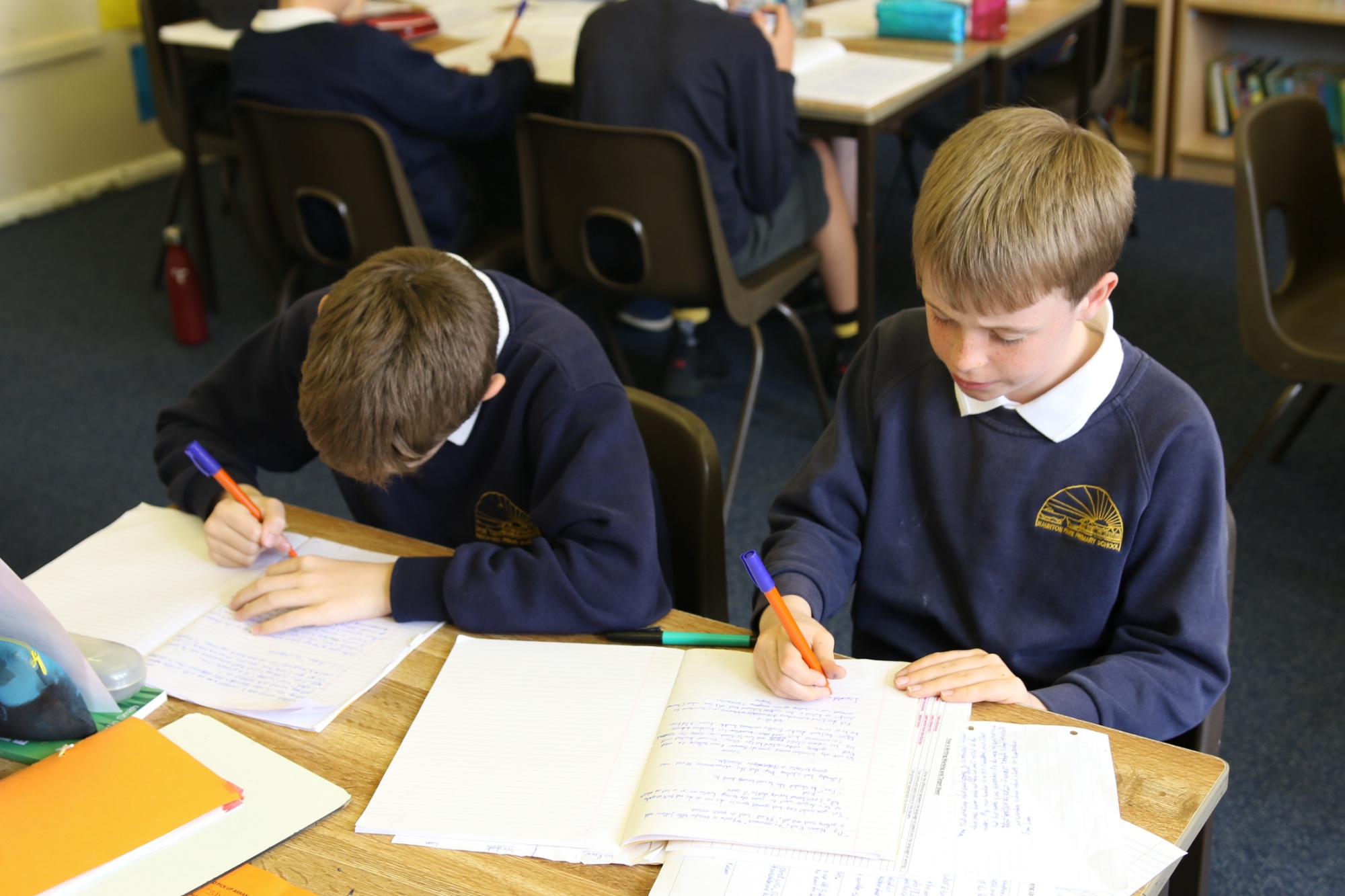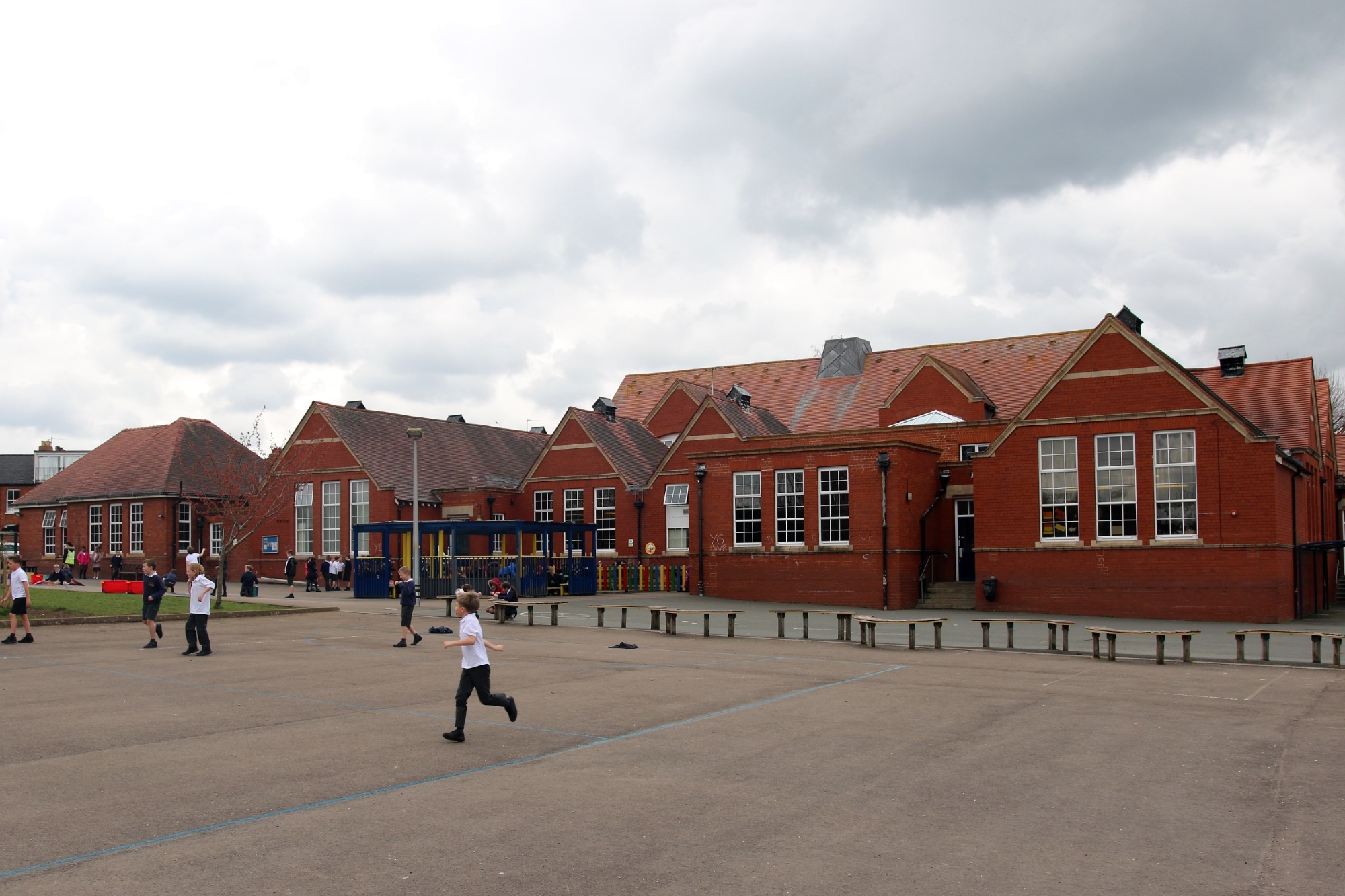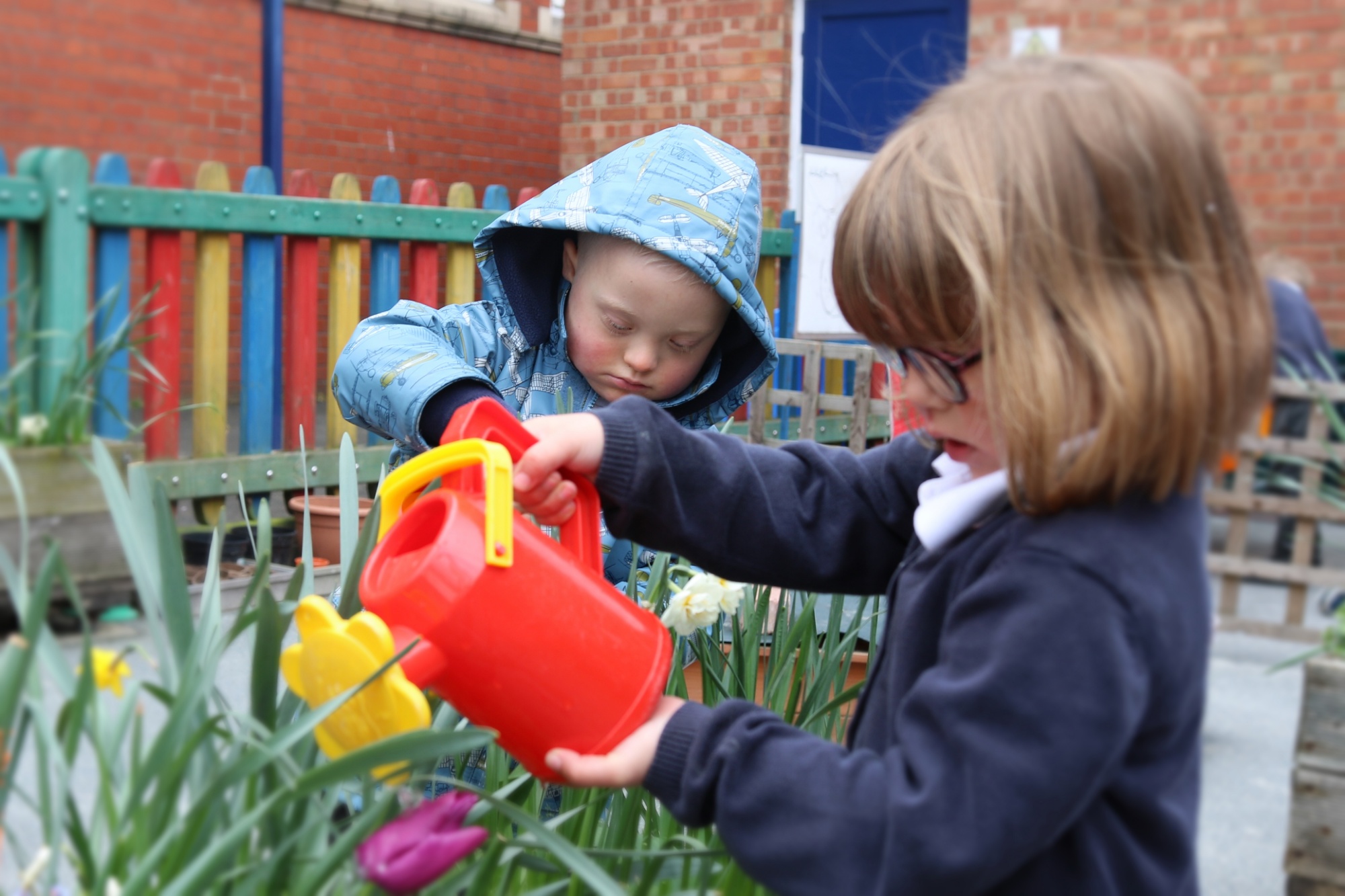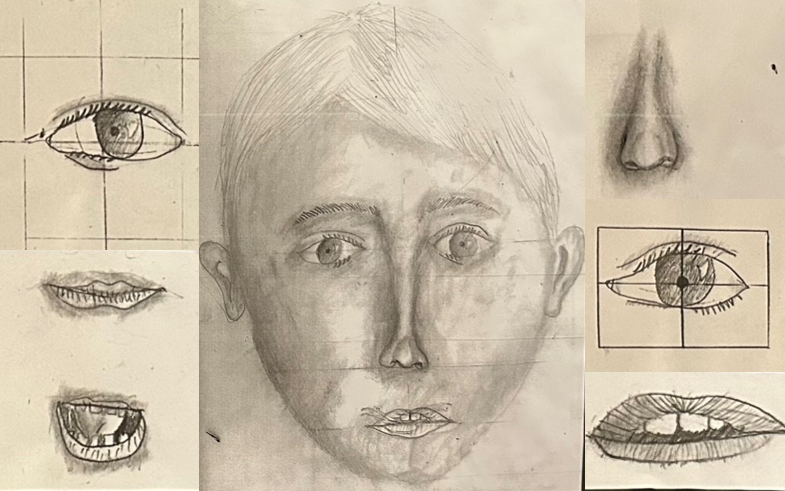Science
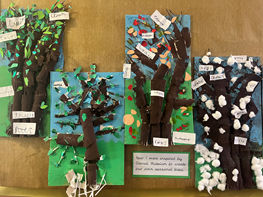
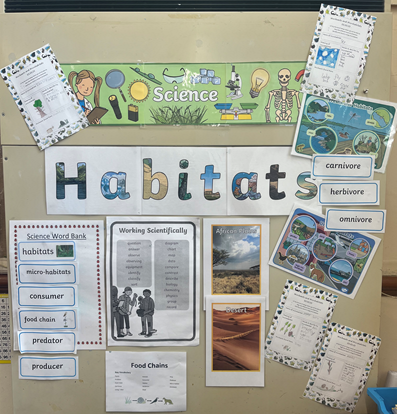
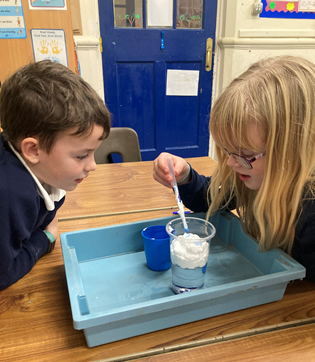
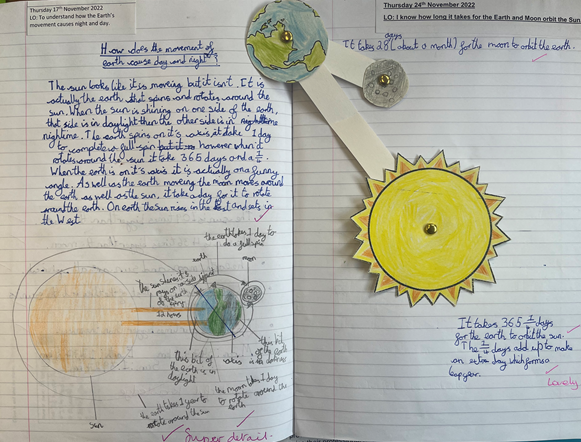
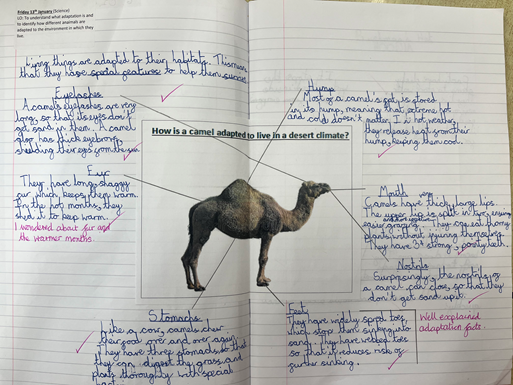
At Naunton Park Primary School we want Science to inspire children’s curiosity about the natural world and how things work, as it is an ever-present aspect of our daily lives. Science is important as it allows for the development of critical thinking skills, problem-solving abilities, development of resilience and positive attitudes. We strive to create an environment that encourages students to explore and experiment with the natural world, to ask questions and to develop their scientific skills. Using an enquiry-based, “Leading Questions” approach as part of our Challenge Curriculum, we encourage our children to develop a life-long curiosity about the world.
Our high-quality Science curriculum that has therefore been carefully designed and sequenced to equip our children with a secure, coherent knowledge linked to the strands of biology, chemistry and physics. Curriculum content is knowledge and vocabulary rich, allowing children to develop their understanding of abstract concepts as they move through school. Our Progression map ensures that children’s learning builds upon previous learning in terms of both their skills and knowledge acquisition.
Please see the Science Progression Map and Science Policy for how this is achieved.
In Key Stage 1 and Key Stage 2, Science is taught in blocks throughout the year so that the children can become fully immersed and achieve depth in their learning. In addition to this, the use of carefully chosen texts to be read as part of the 30-minute reading sessions each morning enriches the children’s learning in Science and provides additional time for them to develop their scientific knowledge.
Teachers use a range of assessment strategies to understand what the children have learnt and what they need to learn next. ‘Never heard the word grids’ are completed prior to the unit commencing and completed again at the end of the unit to show the children’s progress in their science vocabulary. Other elicitation activities are used when appropriate. For each piece of learning key questions are identified for each year group. When answered, in conjunction with the pupils' books and pupil voice we can make a judgement as to if they are secure within what has been taught. Insight in then used to record the attainment and progress of pupils as judged by the teacher.
Cross curricular learning opportunities are implemented to place Science in the context of our children’s wider learning. Our key aim is for our children to be able to fully engage with the world, be lifelong learners and be aware of the opportunities for future prosperity, through the promotion of STEM careers.



